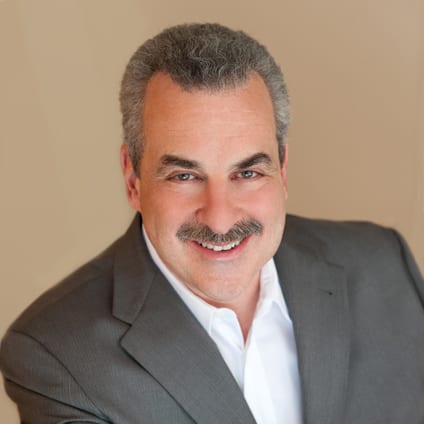Blog
How to Talk to Children About the Election
The election that ended yesterday was long, even arduous, and unavoidable on television, social media and at the dinner table. Parents have wondered how to talk about the campaign — and now the result — with their children, regardless of which political party they favor. As a child and adolescent psychiatrist I can assure you that young people are amazingly perceptive. If we don’t help them process events, they can reach unhelpful, even harmful conclusions. Here are a few key tips:
- Start the conversation. It doesn’t matter how young your children are; you can begin talking about elections, politics and our democracy at a level that is appropriate and understandable. Having an ongoing conversation as children grow means they will be better informed, think independently, and be more comfortable with these concepts when they grow older.
- Take a breath. Good parenting happens when we’re composed, not RIGHT NOW when we’re recovering from a whirlwind election cycle.
- Behavior standards matter. I’m sure every parent felt that behavior during the campaign from candidates and their surrogates was inappropriate or objectionable at times. Children need to hear from parents that our standards of behavior at home and at school don’t change because of politics — and that we should always hold public officials to standards of behavior.
- There are winners and there are losers. The vote is wonderful because we have the right to express our opinion, not because we always win. Elections are always good times to model fairness, graciousness and, yes, resilience.
- Democracy is about working together. Elections, particularly contentious ones, are a great opportunity to encourage engagement with the democratic process and empathy with our fellow citizens who have different opinions.
Now the election is over, and we are already seeing these lessons in action. Take, for example, the gracious words of President-elect Donald Trump and Hillary Clinton in their speeches last night and today, urging us as a nation to come together. That is what makes our country great.
Tell your children that we always expect our best qualities to shine through. Elections can create bitter feelings, but remember that we’re all in this together and we want to succeed together. As President Obama said today of Donald Trump: “We are now all rooting for his success in uniting and leading the country.” And Clinton said, “I hope he will be a successful president for all Americans.”
As a mature democracy, our unity in the face of differences is one of our most prized national characteristics and a valuable principle we can pass on to our children. It is important to engage our children in order to help them understand the political process. Explain that while the election is a necessary part of our democracy, it is by no means the most critical. What matters most is what each and every one of us does with our citizenship.
“Nothing we want for our future is beyond our reach,” the president-elect said in his victory speech. As Clinton put it in her concession speech, “the American dream is big enough for everyone.” This reminds me of a quintessentially American idea that should inspire all American children and adolescents to embrace their unwieldy but exceptional democracy: though the arc of the moral universe is long, it certainly bends toward justice.

